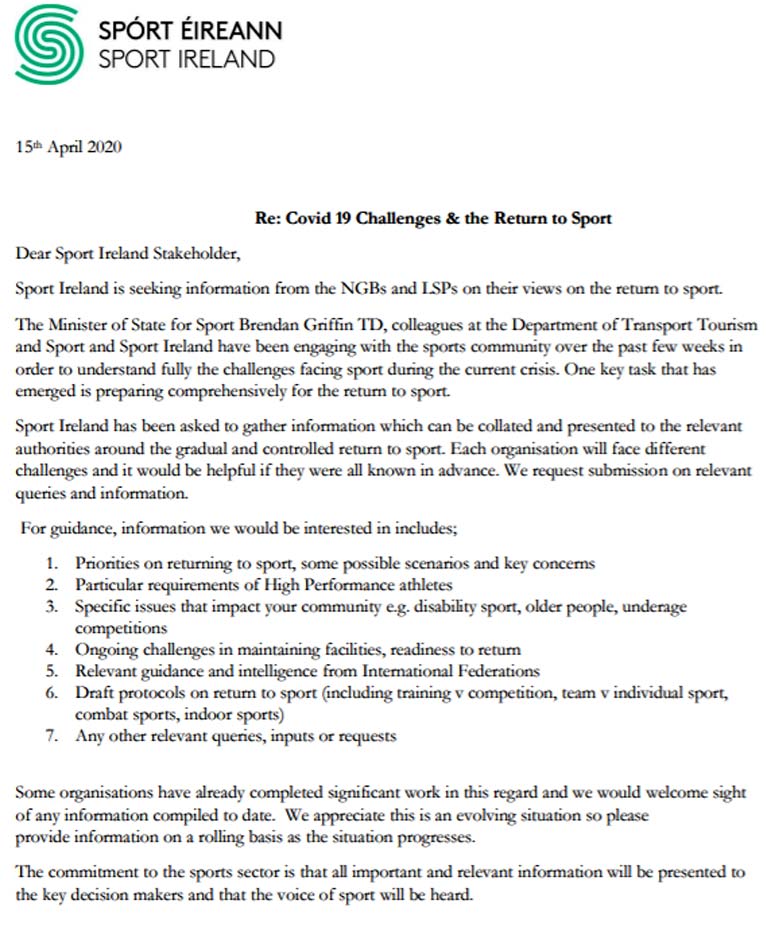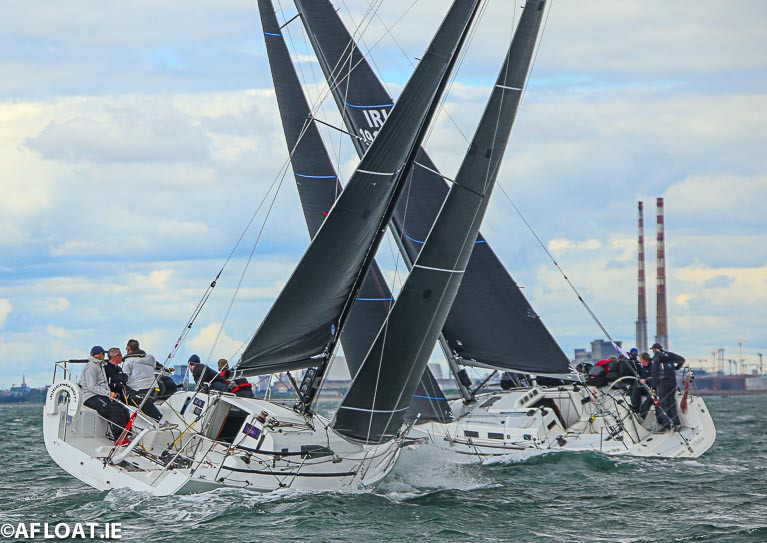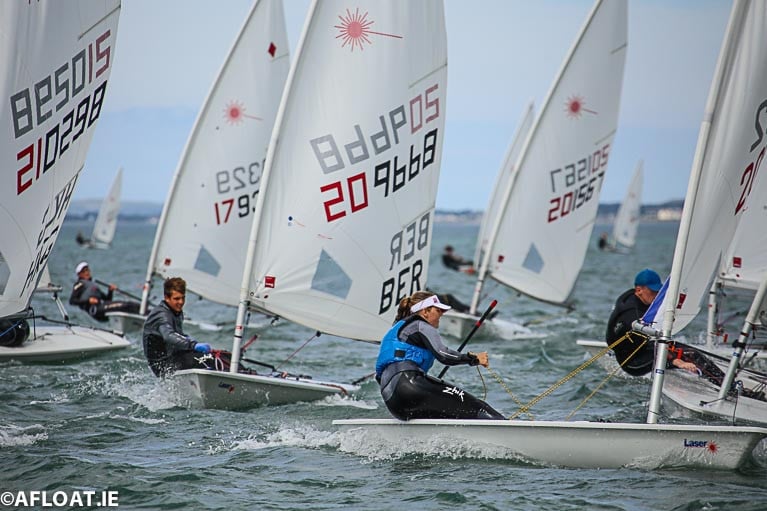Displaying items by tag: Covid 19
Ireland now has a roadmap to the easing of restrictions from Covid-19 but as Afloat has heard from sailing organisers there is still clarity needed as to how we can return to sailing. Copying what New Zealand is doing as it prepares to get back on the water may point the way for Ireland to implement the 'bubble' concept that permits increased close quarters activity in sport, including sailing.
As well all know now, the only thing that is definite in these troubled times is change – what the World looked like in early March is very different to early May and early July will, no doubt, see even further changes.
Speculation on what the “new normal” will look like occupies much of the media space right now. Countries and regions that are leading the race away from lockdown restrictions are being watched carefully to see their measures and the success or failure of those measures. New Zealand and Australia’s isolation has given them a head start on the rest of the world – it is likely that New Zealand’s 4 alert level plan informed many aspects of Ireland’s 5 phase roadmap.
New Zealand has today, May 4, recorded no new cases. This suggests that a move from the current level 3 to level 2 could happen as early as May 11, allowing boating again, which was not permitted under New Zealand's level 3. There is more on the NZ Bubble in the Evening Standard here. And as Afloat reported previously, the model is something that Professor Sam McConkey, head of the Royal College of Surgeons’ department of international health and tropical medicine, has pointed too. McConkey believes specific sports like single-handed sailing can return to the water soon.
The “bubble” concept is now widely practised – we are largely confined to the household bubble here in Ireland, but as they emerge from strict lockdown protocols, New Zealand and Australia (and some other areas) consider the extension or joining of bubbles to include wider family groups. Indeed, Australia and New Zealand are considering a trans-Tasman bubble to allow travel to resume between the two countries.
It may be possible to use the bubble concept, aligned to testing and tracing, to permit increased close quarters activity in the area of contact sports. A bubble of people, all of whom are Covid-free, could play with another bubble of Covid-free participants.
In sailing, if we can ensure that our crewmates are all Covid-free, then activity could resume. And while this may seem far-fetched right now, the constantly changing environment may permit this in a few month’s time?
Return to Sailing? Government Seeks Information on Covid 19 Challenges Faced By Sport
Government is seeking input from sports bodies – including sailing – as to how a 'gradual and controlled' return to activities can be achieved.
Yesterday, the Taoiseach told the Dáil that the Government would like to set out a roadmap before 5 May on how the COVID-19 restrictions might be eased.
Leo Varadkar said that this would be done on the understanding that the plan could change and steps could be reversed.
At the same time, the 2020 sailing fixtures is being redrafted by yacht clubs around the coast in anticipation of a resumption sometime this summer.
Already single-handed sailing could return 'relatively soon', according to experts, but does anyone know what sailing in Coronavirus Ireland will be like in 2020?
There is going to be a 'new normal' in society, and the Government expects the practice of social distancing will be with us until we find a COVID-19 vaccine.
It could be over a year or more before a vaccine is widely available and before people begin to feel safe again.
"what will sailing in Coronavirus Ireland be like in 2020?"
But we are moving into the next phase of co-existing with the virus and a key task for the government is managing the return of sport.
On Wednesday, Sport Ireland wrote to national governing bodies, including Irish Sailing, asking for their views on how a 'gradual and controlled return of sport' can be completed.
Minister of State for Sport Brendan Griffin told stakeholders he wants to know the specific challenges that sports face, the possible scenarios sailing will confront and its key concerns.
The government also wants to see draft protocol proposals on how sailing is planning to get back on the water.
The request says it would also like relevant guidance and intelligence from international bodies, in sailing's case this is World Sailing.
Harry Hermon of Irish Sailing said here that for 'double handers and/or keelboats requiring two or more crew, it is not possible [to practise social distancing]. Even for organised activities involving single-handers requiring safety cover (with two people in the safety boat), it is not achievable'. So if the practice of social distancing will continue after restrictions are eased, how is it possible to go yacht racing or double-handed dinghy sailing at all?
It's a question both government and sailors themselves would like an answer to because 80% of all sailing in Ireland is on crewed boats.
Meanwhile, Professor Sam McConkey, head of the Royal College of Surgeons’ department of international health and tropical medicine, believes specific sports like single-handed sailing and horse racing can return "with a two-metre social distancing rule in place very soon". McConkey also says, ideally, Ireland should follow the 'bubble' strategy pursued by New Zealand. His full interview with Gavin Cummiskey is in the Irish Times here.
Update 18/4/20: The Irish Marine Federation (IMF) has called on the Government to consider easing some restrictions. In a letter to Brendan Griffin TD, Minister of State for Tourism and Sport, as seen by Afloat.ie, IMF chairman Paal Janson says boating is one of the more 'responsible and acceptable forms of enjoying the outdoors'. Janson outlines a series of protocols to enable boating here
The request from Sport Ireland to the NGBs is reproduced below:
































































